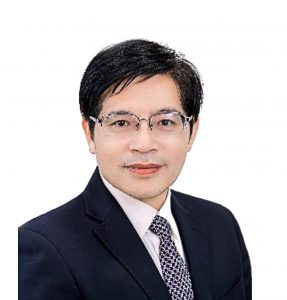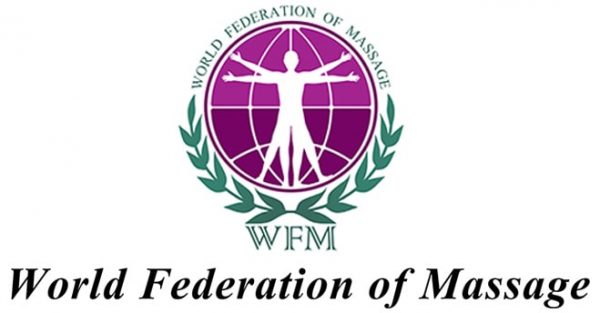Professor You Long Zhou
June 25, 2022 2022-06-26 13:13Professor You Long Zhou
Professor You long Zhou

Born in 1966. He is professor in the pain and acupuncture and center for pain management. Professor You long Zhou is also consultant doctor in Pain Management Centre, Neuroscience, and Chinese Medicine.
Education Background:
- Bachelor Degree, College of Acupuncture and Tuinanology,
- Master Degree, College of Acupuncture and Tuinanolgy,
- D. Degree, Gerontology of Chinese Medicine, Beijing University of Chinese Medicine,
- Postdoctoral Degree, Clinical Neuroscience, Capital Medical University,
- Visiting Professor, Oxford University.
Work Experience:
- The director of Department of Acupuncture and Tuina, No.3 Affiliated Hospital, Chinese Medicine for 10 years,
- Vice president of No.3 affiliated hospital, Chinese Medicine for 10 years,
- President of Rehabilitation College for 2 years,
- President of International College for 2 years,
- Work as professor of Department of acupuncture and Tuina for 21 years,
- The consultant doctor of pain and acupuncture centre, No.3 hospital of Chinese Medicine.
Professional Membership:
- China association of pain, 2018, Committee member, Vice Chairman,
- China association of acupuncture and Moxibustion, 2010, Committee member, Executive member,
- Province integrative association of pain, 2012, Committee member, Chairman,
- Province association of acupuncture, 2010, Committee member, Secretary General.
Professor You long Zhou has several publications and inventions, and many scientific books and more than 2 Patents. Also, His research use behavior and functional neuroimaging techniques as well as biochemistry techniques to investigate the neuromechanism of acupuncture analgesia, with particular focus on neuropathic pain and cognition. His research involves the acupuncture clinic trial and developing new techniques and basic research. He is broadly interested in the fMRI and acupuncture analgesia, an interest he pursued using the Diffusion, Perfusion, DTI and functional magnetic resonance imaging methods to investigate the mechanism of Meridian and acupoints, one goal of his research is to elucidate the brain mechanism of acupuncture, particularly with regard to perception of Meridian and acupoints. Another line of research assesses the effect of acupuncture and optimization of traditional and new methods to improve the clinical curative effect, then find the specificity of acupuncture, develop the new techniques.


